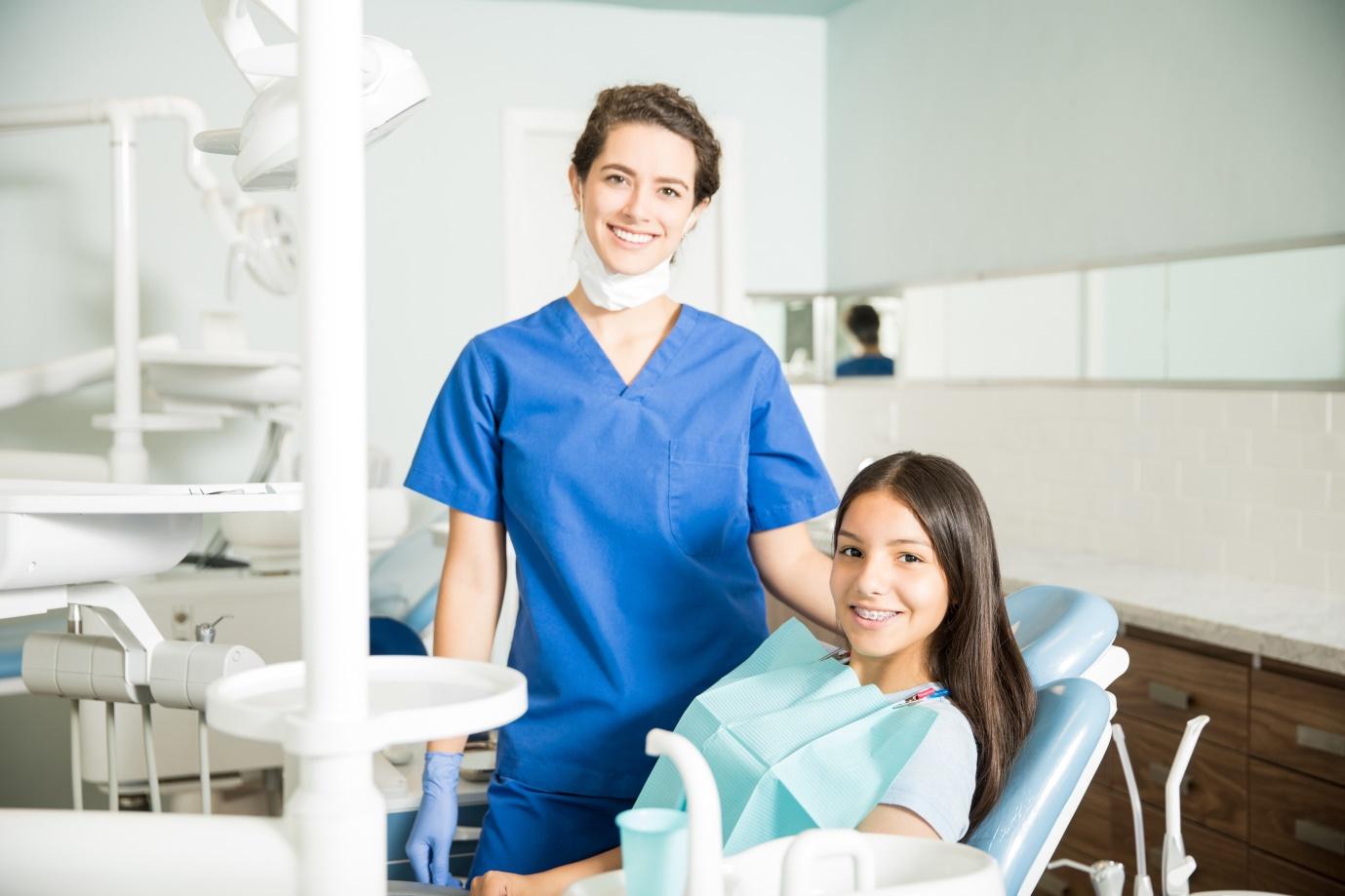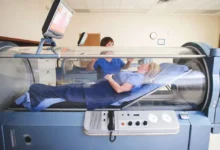How to Take Care of Your Teeth While Traveling Dentists Advice

Introduction
Dentists have long advocated for taking care of your teeth while traveling. Not only do good dental habits help keep your teeth looking and feeling their best, but they can also help prevent cavities and other oral health issues. With the right tips and tricks, you can make sure that your teeth stay in top condition while you’re on the go. Read on to learn the best advice from dentists on how to take care of your teeth while traveling. Maintaining good dental hygiene while traveling can be difficult. Thankfully, dentists are here to help. With the advice found on the Dentists Email List, you can learn how to take care of your teeth while traveling without breaking a sweat. From packing the right dental supplies to knowing which foods to avoid, you’ll have all the knowledge you need to keep your teeth healthy and strong. Read on to find out more!
Importance of dental hygiene while traveling
When you’re traveling, it’s easy to forget about taking care of your teeth. With so many new experiences to enjoy and things to do, oral health can quickly slip down your priority list. But neglecting your teeth and gums while on vacation can have serious consequences.
Good dental hygiene is essential for maintaining strong, healthy teeth and gums, and preventing painful conditions like tooth decay and gum disease. When you’re away from home and your regular dental routine, it’s especially important to take care of your oral health. Ignoring your dental hygiene could lead to serious pain and discomfort that can ruin your travel experience.
Plus, traveling often involves trying new foods and drinks that can damage your teeth. Many popular vacation spots also have poor quality tap water, which can lead to oral health problems like infections and gum disease. To avoid all these risks, it’s essential to make dental hygiene a priority when traveling. By following a few simple tips, you can ensure your teeth and gums stay healthy throughout your trip.
Pack the essentials – toothbrush, toothpaste, floss, and mouthwash
When packing for a trip, it’s important to remember your dental hygiene essentials. Your toothbrush, toothpaste, floss, and mouthwash should always be at the top of your packing list. These items ensure that you maintain your dental health while traveling.
Your toothbrush should be clean and in good condition. Consider packing a travel-sized toothbrush, which is easy to pack and won’t take up too much space in your luggage.
Choose a toothpaste that is fluoride-based and is approved by the American Dental Association (ADA). The ADA ensures that the toothpaste you choose is safe and effective in preventing tooth decay.
Flossing once a day helps remove any debris and food particles stuck between your teeth. Pack floss in your luggage to ensure you have it with you on your trip.
Mouthwash helps freshen your breath, and some brands even provide added protection against gum disease and tooth decay. Choose a brand that is ADA-approved.
When packing your dental essentials, be sure to pack them in a separate bag to keep them clean and easy to find. Also, make sure to pack them in your carry-on luggage so that you have access to them during your flight.
Stay hydrated and watch what you eat
While it may be tempting to indulge in delicious food and drinks while traveling, it’s important to remember the impact it can have on your dental health. To maintain healthy teeth and gums, it’s crucial to stay hydrated and choose foods that are low in sugar and high in nutrients.
Drinking plenty of water not only keeps you hydrated, but it also helps rinse away bacteria and food particles from your teeth. It’s especially important to drink water when consuming sugary or acidic drinks, such as soda or juice, which can damage tooth enamel.
When it comes to food choices, opt for fruits and vegetables that are high in fiber, which can help clean your teeth and promote saliva production. Avoid sticky, sugary snacks, such as candy or granola bars, which can get stuck in your teeth and lead to decay.
If you do indulge in sweet treats or acidic drinks, be sure to rinse your mouth with water afterward to help wash away any lingering particles. And, of course, don’t forget to brush and floss regularly to maintain good oral hygiene.
By staying hydrated and being mindful of what you eat, you can help ensure that your teeth stay healthy and strong while you’re on the go.
Keep up with your dental routine – brush twice a day and floss once a day
When traveling, it can be easy to let your dental routine slip. However, it is crucial to continue brushing twice a day and flossing at least once a day. This will help to remove any food particles and plaque that can lead to tooth decay and gum disease.
Make sure to bring a travel-sized toothbrush and toothpaste with you, and set aside time each day to brush and floss. It can be helpful to do this at the same time each day, such as after breakfast and before bed.
If you’re not able to brush and floss immediately after a meal, rinse your mouth out with water to remove any debris. And, as always, avoid sugary snacks and drinks that can damage your teeth and increase your risk of cavities.
By keeping up with your dental routine while traveling, you can maintain good oral hygiene and keep your teeth healthy.
Consider bringing a travel-sized waterpik for added oral care
If you’re looking to step up your oral care game while traveling, consider investing in a travel-sized waterpik. A waterpik is a handy tool that uses a stream of water to remove food particles and plaque from your teeth and gums. This can be especially helpful when you’re on the go and don’t have access to your regular oral care routine.
Travel-sized waterpiks are portable and can easily fit in your luggage or carry-on bag. They come with interchangeable tips that allow you to customize the pressure and flow of the water to your liking. They’re also rechargeable or battery-powered, so you don’t have to worry about finding an outlet to use them.
Using a waterpik can help reduce your risk of gum disease and promote healthier teeth and gums. They’re also beneficial for people with braces, implants, or other dental work. By flushing out bacteria and debris from hard-to-reach areas, a waterpik can help keep your teeth and gums healthy and free from infections.
If you’re not sure which waterpik to choose, look for one with multiple pressure settings and a compact design for easy storage. Be sure to also follow the manufacturer’s instructions for proper use and maintenance.
By bringing a travel-sized waterpik on your next trip, you can add an extra layer of oral care and keep your teeth and gums healthy no matter where your adventures take you.
Visit a dentist before traveling if possible
If you have a dental issue, it’s better to address it before you hit the road. Visiting your dentist for a checkup before your trip will help ensure that your teeth are in good shape, and you won’t have to worry about any painful dental problems while on vacation.
Your dentist will also be able to provide you with helpful advice on how to care for your teeth while you’re traveling. They may recommend specific toothpaste or mouthwash for your particular dental needs. They may also give you tips on how to handle any issues that may arise during your trip, such as toothaches or other dental emergencies.
In addition, if you’re due for a cleaning or other dental work, it’s a good idea to schedule an appointment before you leave. This will help you avoid any dental issues while you’re on vacation, and it will also give you peace of mind knowing that your teeth are healthy and clean.
By visiting your dentist before traveling, you can rest easy knowing that you’ve taken the necessary steps to keep your teeth healthy and strong while on the road.
What to do in case of a dental emergency while traveling
Even with all the precautions, sometimes dental emergencies can happen while traveling. Here are some tips to handle them:
1. Stay calm
Dental emergencies can be painful and stressful, but it’s important to remain calm.
2. Locate a dentist
Try to find a dentist in the area that you’re in. Your hotel’s front desk, a local pharmacy or hospital can provide you with a list of dental offices in the area.
3. Contact your insurance provider
If you have dental insurance, contact your provider to see if they can recommend a dentist in the area and if they cover dental emergencies while traveling.
4. Treat the pain
Use over-the-counter painkillers, like ibuprofen, to ease any discomfort while you wait to see the dentist.
5. Rinse your mouth
Gently rinse your mouth with warm water to help remove any debris.
6. Don’t try to fix the issue yourself
Attempting to fix the issue yourself can potentially cause more harm than good. Wait to see a professional.
7. Follow the dentist’s instructions
Follow the instructions given by the dentist for aftercare and further treatment.
Remember, prevention is always the best medicine, but knowing what to do in case of a dental emergency while traveling can help make a stressful situation more manageable.
Author Bio
Richard John is a Marketing Consultant with 4 years of experience in B2B Marketing. Currently, he heads the marketing strategy department at InfoGlobalData, a renowned B2B data solution company based out of Seattle, Washington.






